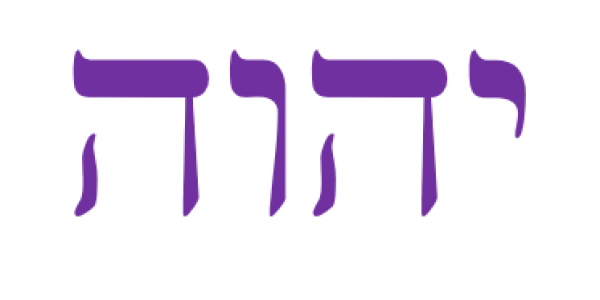An Explanation of the Plural Form of God’s Name
25/04/2021 | Na stronie od 25/04/2021

From: academia.edu
An Explanation of the Plural Form of God’s Name
“In the 1970s, I had the privilege to be a student of Meir Weiss. …Weiss followed Buber and Rosenzweig in that he did not separate form and content: The form expressed the content.” (Ephraim Meir )
By Stanisław Krajewski (University of Warsaw)
The Problem
Reader of the Bible in the original cannot but be puzzled by the most often used general Hebrew name for God – the general one as opposed to the proper four letter Name to which we refer as Hashem. The name Elohim occurs in the first verse of the Torah, and then all the time in Scripture and in the entire Jewish tradition. It is retained in the practical fulfillment of the Torah in the numerous blessings that we say every day. We are so used to it that we do not ask the question why this peculiar form is the principal way of referring to the Creator. Why are not other forms of this name used, the ones in the singular, like El or Eloah, Semitic nouns obviously related to the name Allah? To make the matter even more confusing the same term elohim is used to refer to pagan deities or great earthly powers (and the issue is even more acute since in Hebrew we cannot spell it with a lower case letter), as in Exodus 12:12, where it is stated that “I will execute judgments against all Egyptian gods,” elohei mitzraim, or in Exodus 18:11, where it is said that Hashem is greater than all gods, mikol haelohim, or in the Decalogue, in Exodus 20:3, where it is forbidden to have elohim acherim, “other gods before Me.” In Psalm 97 we read that Hashem is exalted far above “all gods,” al kol elohim. So exactly the same term is used for both the one God and the multitude of false deities. Why?